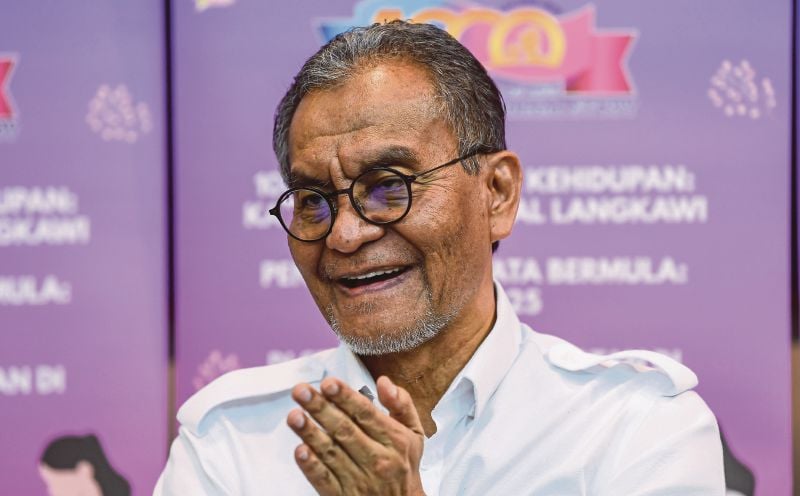
Raymond Flanks talks to news reporters outside the Orleans Parish Criminal District Courthouse on Thursday, Nov. 17, 2022. A judge vacated Flanks' conviction in a 1983 murder and set him free, ending his almost four decades in prison, after prosecutors and defense attorneys agreed that evidence favorable to him was withheld from his attorneys in the 1980s.
Facebook Twitter WhatsApp SMS Email Print Copy article link Save Louisiana has long been a law-and-order state. That's not likely to change. But for such a philosophy to persist, it rests upon the integrity of those who prosecute accused criminals and the system that oversees those prosecutors.

An examination of the state's recent history of disciplining prosecutors, however, reveals some troubling statistics. Despite a raft of exonerations in recent years — including some folks who lost decades of their lives in prison only to have their convictions overturned due to prosecutorial lapses — not a single prosecutor has been disciplined for failing to turn over exculpatory evidence since 2005. That strikes us as a statistical improbability that strains credulity.
We understand prosecutors have a tough and important job. But for them to retain our trust, they must be not just fair and honest but zealous in adhering to the constitutionally protected rights of defendants. That means turning over any evidence that could point to the innocence of the accused to the defense.
It's what is known in legal circles as "Brady material" after the 1963 Supreme Court case that made a prosecutor's responsibility clear. Many of the recent exonerations have hinged upon prosecutors not turning over Brady material to defendants. A key weakness lies in how Louisiana's system addresses such complaints.
An agency known as the Office of Disciplinary Counsel is charged with investigating allegations against attorneys. If it finds they have merit, it can file misconduct charges. Those charges are heard by a disciplinary board that makes disciplinary recommendations to the Supreme Court, which determines if any punishment is warranted.
The high court last sanctioned a prosecutor for withholding evidence in 2005. Part of the reason sanctions are so rare is certainly the high bar that must be cleared to prove misconduct. "You have to prove the prosecutor knew the evidence was exculpatory and didn't turn it over knowing that," Loyola law professor Dane Ciolino told reporter John Simerman.
"It's not an offense of negligence." In some cases, so much time has passed that it can be difficult to prove misconduct, Ciolino noted. In addition, in 2017, the state Supreme Court issued a decision that said prosecutors couldn't be disciplined unless the court determined that the evidence was likely to tip the verdict.
Juries can be unpredictable. It's impossible for anyone, even an experienced judge, to know how much a particular piece of evidence would have influenced their deliberations. We know that there are many aggressive, hard-working and fair prosecutors in Louisiana's courtrooms.
And that, by and large, they are careful to make sure that their Brady obligations are met when working a case against a defendant. But the inability — or reluctance — to punish those whose zeal pushes them into unethical territory risks tainting those good ones. That's why, given their sacred and important duty, we think prosecutors should be held to a high standard of ethical conduct.
We urge state leaders, especially those responsible for oversight of the legal system, to take steps to make sure those who trample the rights of defendants face real consequences..















